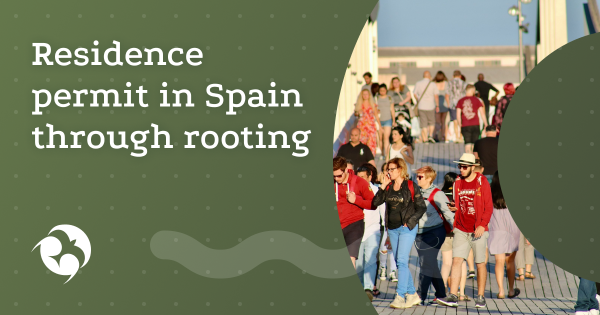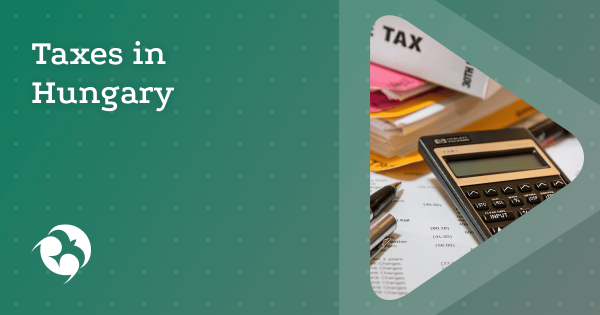The Spanish Secretariat for Migration (SEM) has issued the long-awaited instructions for the application of the new Regulation on Extra-migration (Real Decreto 1155/2024). The document radically changes the procedures for obtaining residence permits, primarily for relatives of Spanish citizens and foreigners applying for legalization through the “rooting” mechanism (arraigo). The innovations, which will take effect on May 20, 2025, are aimed at systematizing immigration procedures and creating a transparent legal framework for various categories of foreign residents.
Special status for families of Spanish citizens
Starting from May 20, 2025, Spanish law introduces a separate legal status for relatives of Spanish citizens. Previously, they were subject to the same rules as family members of EU citizens, but the new regulation creates a specific category with unique requirements and benefits.
According to statistics from the Spanish National Institute of Statistics (INE), by the beginning of 2024, about 5.9 million foreigners lived in the country, of which about 22% had a family residence permit. The updated rules will potentially affect more than half a million people.
The following persons have the right to receive a special status:
- Spouses of Spanish citizens
- Officially registered partners
- Children (including children of a spouse/partner) under the age of 26
- Parents of Spanish citizens
- Guardians of minors with Spanish citizenship
- Persons caring for dependent Spaniards
- Children whose parents are or were of Spanish origin
- Other dependent relatives
The main advantage of the innovation is the validity period of the permit, which is now immediately issued for 5 years (unless the applicant requests a shorter period). The Regulations also provide for a six-month transition period for those whose family situation has changed due to divorce or other circumstances.
“This is a revolutionary change in Spain’s migration policy,” said Carlos Rodriguez, head of the Madrid Immigration Lawyers Association. “The new system not only regulates the bureaucratic aspect, but also recognizes the de facto integration of foreign members of Spanish families into society.”
According to the DGM 1/2025 Instruction published on the official portal, holders of valid family member cards of an EU citizen have the right to maintain their current status or switch to a new permit format.
Five ways of legalization through the arraigo system
The second most important block of changes concerns the mechanisms of “rooting” (arraigo), a method of legalization for foreigners living in Spain without official status. The updated regulations standardize the basic requirements and introduce additional categories.
Data from the Ministry of Inclusion shows that over 103,000 applications for a residence permit through various forms of rooting were approved last year. Experts predict an increase of 30-35% by the end of 2026 due to the relaxation of requirements.
The basic conditions for all types of rooting now include:
- Continuous stay in Spain for at least 2 years (previously, some forms required 3 years)
- The total absence in the country is no more than 90 days for the entire two-year period
- Lack of international protection applicant status
The Regulations provide for the following types of rooting:
- The rooting of the “second chance”. It is intended for persons whose permit expired and could not be extended in a timely manner. The SEM study showed that about 17% of the renewals of residence permits last year were submitted in violation of the established deadlines.
- Social and labor rooting. It requires an employment contract for at least 90 days, at least 20 working hours per week and a minimum wage. In 2025, the minimum wage (SMI) in Spain is 1.134 euros per month (with 14 payments per year).
- Social rooting offers two options: through family ties or through evidence of integration into society. In both cases, it is necessary to confirm the availability of sufficient financial resources in the amount of at least 100% IPREM (Index of Public Income for Multi-purpose purposes), which this year is set at 600 euros per month.
- Social and educational rooting. An innovative category for foreigners who are studying in certain programs or specialties from the catalog of scarce professions. An analysis by the State Employment Service (SEPE) identified 48 professions with an acute shortage of qualified personnel in the first quarter of 2025.
- Family rooting. It is mainly aimed at citizens of the EU, the EEA and Switzerland, since a separate category has been created for close Spaniards.
Provisions concerning minors are of particular importance. The updated legislation makes it possible to request a special residence permit for children in parallel with the procedure of rooting parents, which significantly speeds up the overall process of family legalization.
The full text of Royal Decree 1155/2024 is available in the Official State Bulletin (BOE).

- We will answer all your questions
- We will help you choose the best option
- We will guide you through every step or do everything for you
Migration legislation is continuously being improved, and the correct interpretation of new standards requires professional expertise. Qualified specialists of our company provide comprehensive consultations on all aspects of legalization in Spain. A team of migration lawyers will help determine the most effective way to obtain a residence permit, taking into account individual circumstances and all legislative innovations of 2025. Leave a request for a consultation to find out how to take advantage of the updated migration legislation in your specific situation.













